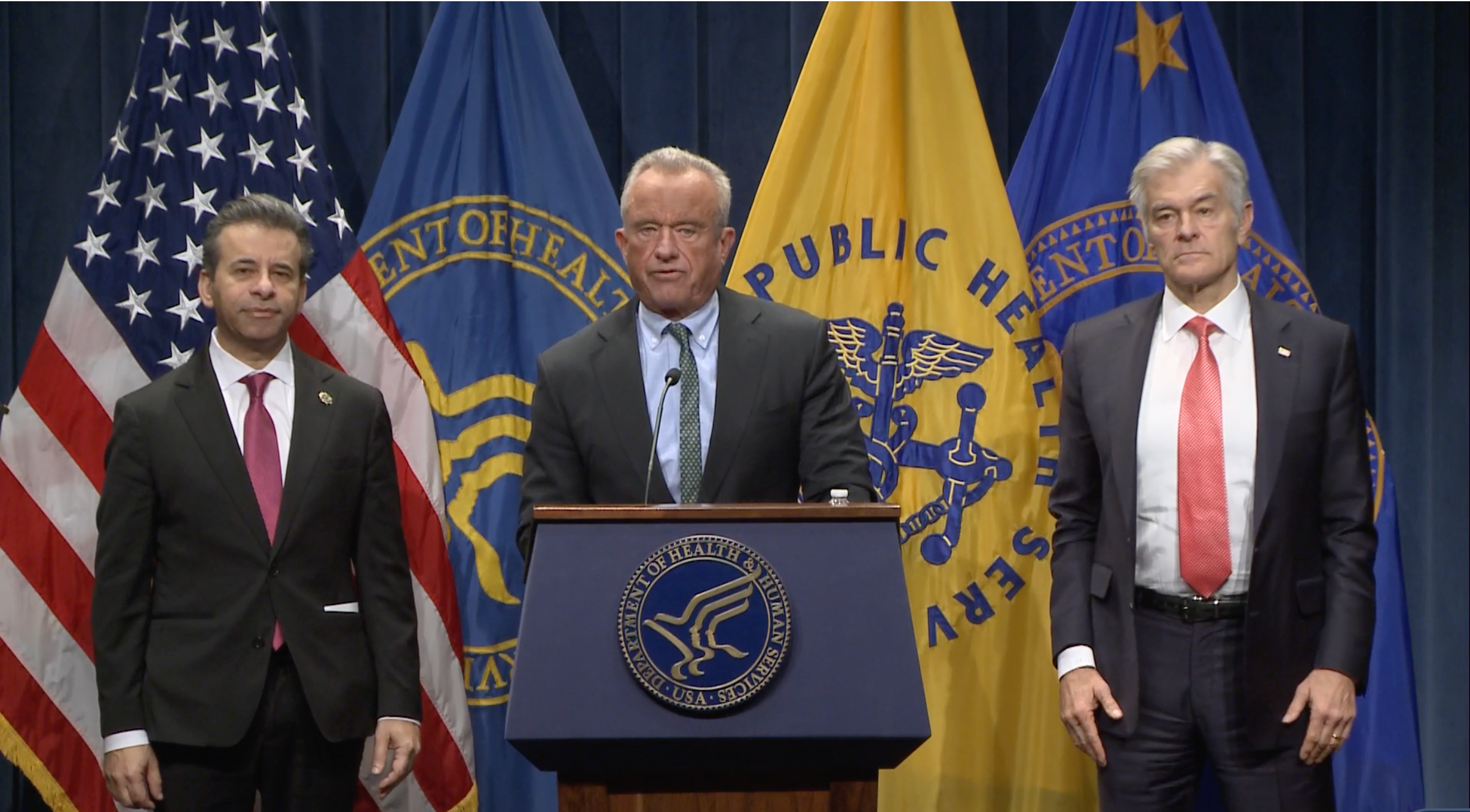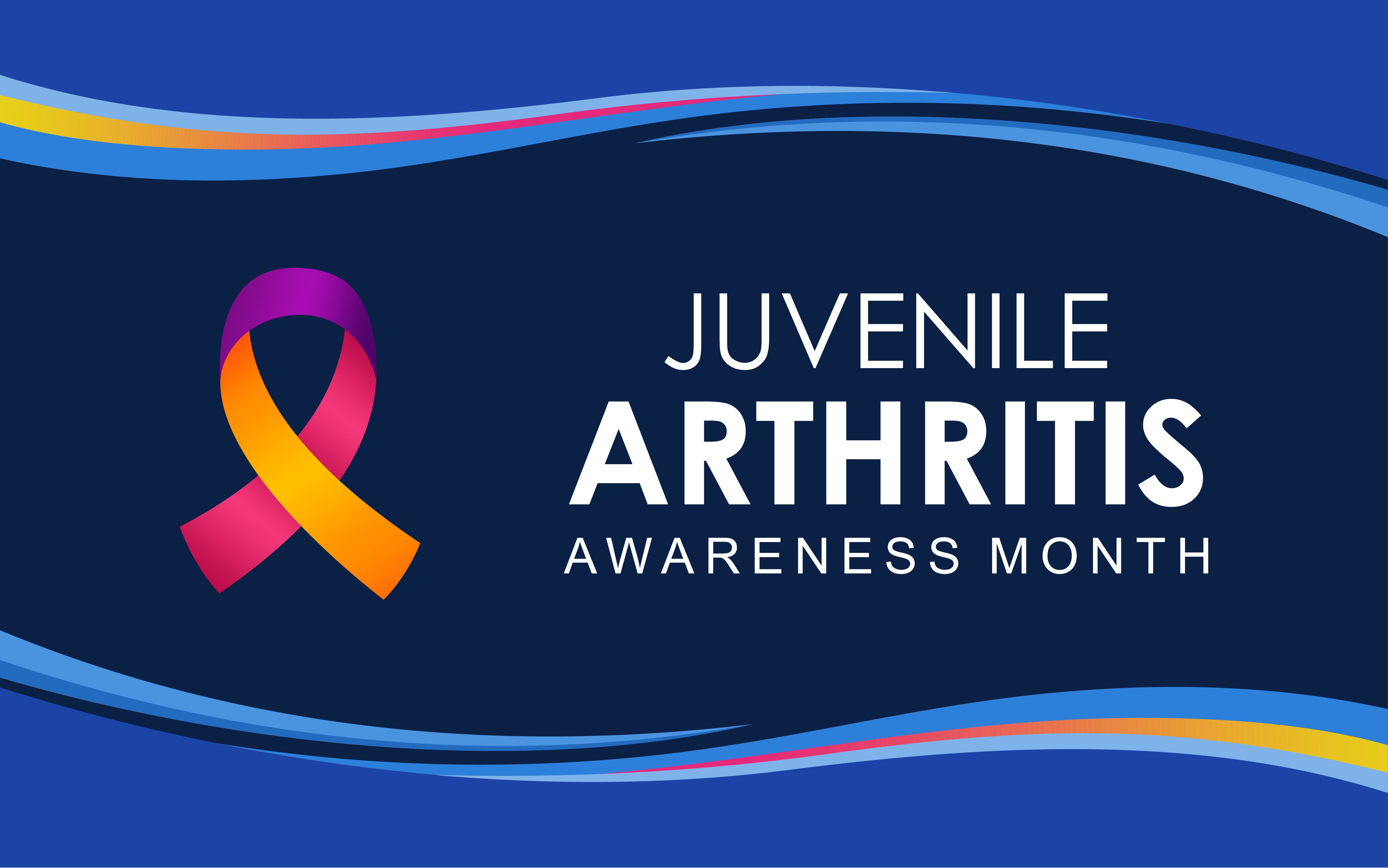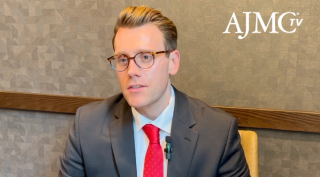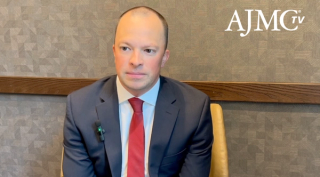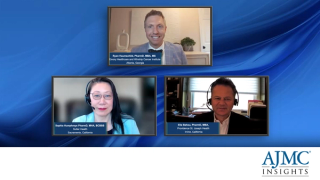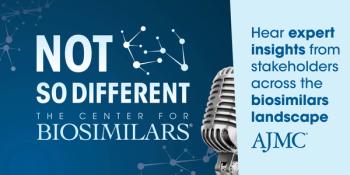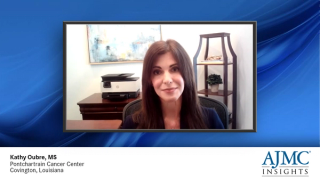
Biosimilars
Latest News

Video Series

Latest Videos
Podcasts
More News
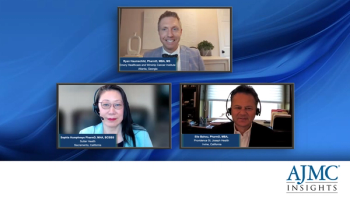
Panelists discuss how major PBMs' (pharmacy benefit managers) decisions to prefer biosimilars over reference biologics provide valuable insights into successful adoption strategies, specifically examining CVS Caremark's removal of reference biologic adalimumab from national commercial template formularies, which resulted in 97% of prescriptions being filled with preferred biosimilars, and analyzing the key implementation factors driving this remarkable conversion rate.

Panelists discuss how biosimilar manufacturers offer both high-wholesale acquisition cost (WAC) and low-WAC product versions to navigate complex reimbursement landscapes, sharing their experiences with low-WAC options on formularies, defining private label agreements as strategies to improve biosimilar access across different patient populations, and examining the rationale behind PBMs' (pharmacy benefit managers) implementation of these agreements, including their specific components and benefits.

Panelists discuss how the significant price increases in reference biologics over the past decade have created market opportunities for biosimilars while exploring barriers to their adoption, potential solutions for enhancing uptake, and successful institutional strategies for increasing biosimilar utilization.
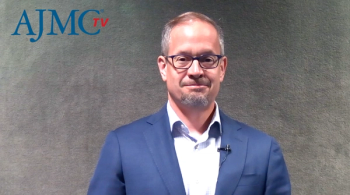
JC Scott, CEO and president of The Pharmaceutical Care Management Association, discusses current efforts in increasing biosimilar adoption and pharmacy benefit manager (PBM) reform.

The FDA approved Stoboclo and Osenvelt, denosumab biosimilars that could offer more affordable treatment options for osteoporosis and bone loss in various patient populations.
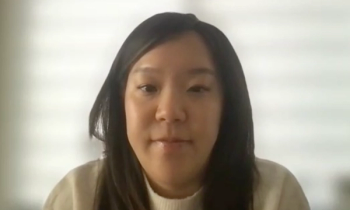
Tiffany Meng, PharmD, an oncology pharmacist, UCSF Health, shares how pharmacists can collaborate with physicians to find the most effective and affordable therapies for patients.
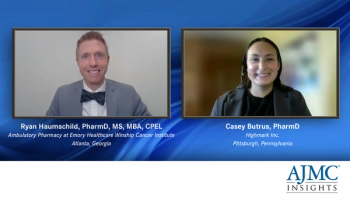
Panelists discuss how stakeholders can enhance biosimilar uptake through coordinated efforts in financial alignment, patient-centric pricing, professional education, simplified administrative processes, and collaborative data exchange.

Panelists discuss how health care professionals have varying confidence in biosimilars, driven by concerns about efficacy, safety, and interchangeability. Increased education, real-world evidence, professional engagement, transparent regulations, and comprehensive outcome data can help build trust in these alternative biologic treatments.

Panelists discuss how biosimilars are gaining traction through targeted education, cost-effectiveness analysis, and rigorous clinical validation, with providers increasingly integrating these alternatives by addressing knowledge barriers and demonstrating comparable therapeutic performance.
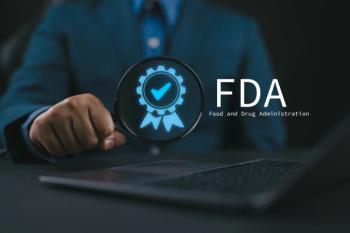
Merilog (insulin-aspart-szjj) is the first rapid-acting insulin biosimilar to Novolog (insulin aspart) that is designated to improve glycemic control in adults and adolescents with type 2 diabetes.
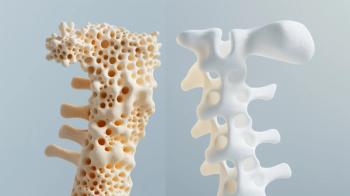
The FDA approved Ospomyv and Xbryk, denosumab biosimilars that could expand access to treatment for osteoporosis, cancer-related bone loss, and other endocrine diseases.

Panelists discuss how biosimilar adoption requires multifaceted organizational readiness, involving strategic infrastructure reconfiguration, comprehensive stakeholder education, rigorous clinical and economic evaluation frameworks, and adaptable operational processes to ensure seamless integration and optimization of health care delivery.

Panelists discuss how private label agreements facilitate biosimilar market entry by allowing manufacturers to collaborate on branding, distribution, and market access, ultimately expanding treatment options and potentially reducing health care costs.
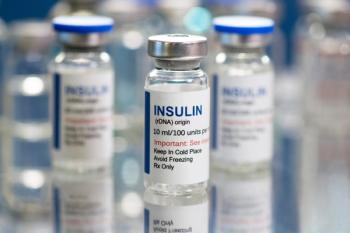
The introduction of insulin glargine biosimilars is associated with significant price reductions across European markets.

Panelists discuss how employers optimize biosimilar uptake through strategic formulary design, financial incentives, and provider education, enabling health care systems to achieve substantial cost savings while maintaining high-quality patient care.

Panelists discuss how biosimilars have significantly reduced health care costs in the US, with health care systems experiencing significant savings across various therapeutic areas. These cost reductions improve treatment affordability and patient access, with potential cumulative savings in 2025.
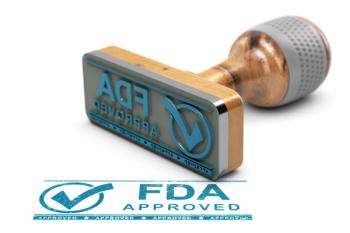
Avtozma, the third biosimilar to Actemra, has received FDA approval for multiple inflammatory diseases and COVID-19, potentially expanding treatment access for patients.

The design of the Enhancing Oncology Model (EOM) was a perfect fit for Minnesota Oncology.

An ustekinumab biosimilar to Stelara launched in France, completing its rollout across 5 major European markets and paving the way for its US launch.

Samsung Bioepis' Q1 2025 report shows oncology, ophthalmology, and pegfilgrastim biosimilars have gained significant market share, while immunology, filgrastim, epoetin alfa, and insulin glargine biosimilars have grown more slowly.

Earlier patent litigation can be reformed to reflect similar success across Europe, resulting in accelerated US biosimilar market entry.

The pharmaceutical landscape enters 2025 with a mix of challenges and opportunities, with the potential to shape the future of drug access and affordability for patients across the nation.
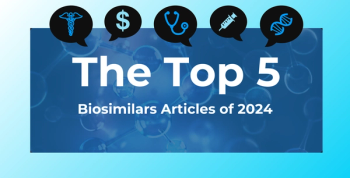
The top 5 biosimilar articles touch on the growing biosimilar landscape, including recent FDA approvals, patent disputes, cost-saving potential, and challenges in market entry.
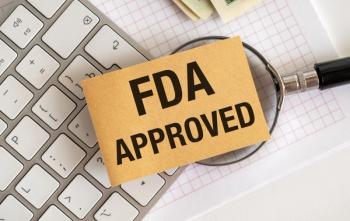
In 2024, multiple drugs received complete response letters (CRLs), sometimes unrelated to the safety and efficacy of the drug, but patients with schizophrenia gained the first new treatment with a new mechanism of action in decades.
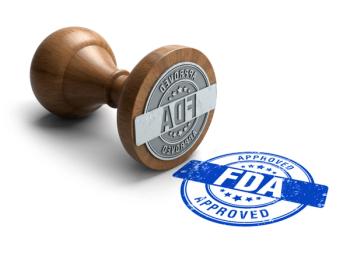
The FDA granted approval to Steqeyma (ustekinumab-stba) for inflammatory conditions, making it the seventh biosimilar to reference Stelara after a year of multiple ustekinumab biosimilar approvals.
